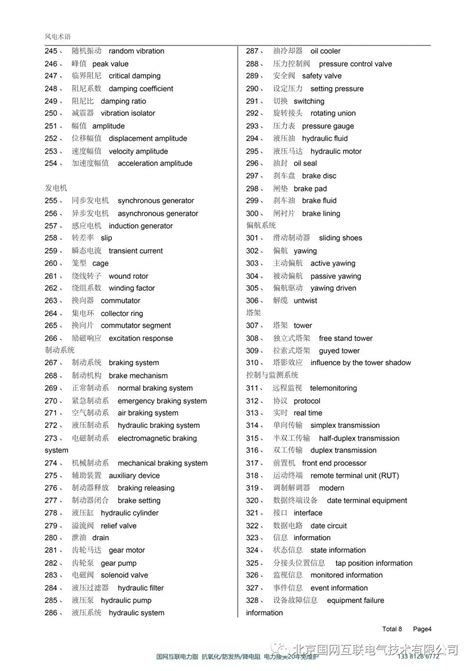比特币英文缩写
```html
Bitcoin Industry Terminology
The Bitcoin industry, like any other, has its own set of unique terminologies. Understanding these terms is essential for anyone involved in Bitcoin trading, investment, or development. Here are some key terms you should know:
Bitcoin is a decentralized digital currency that allows peertopeer transactions without the need for intermediaries like banks. It operates on a blockchain, a public ledger that records all transactions.
A blockchain is a distributed ledger that contains a record of all Bitcoin transactions. Each block in the chain is cryptographically linked to the previous one, creating a secure and transparent transaction history.
A cryptocurrency is a digital or virtual currency secured by cryptography, making it nearly impossible to counterfeit or doublespend. Bitcoin is the first and most wellknown cryptocurrency.
A Bitcoin wallet is a digital tool used to store, send, and receive bitcoins. It contains private keys that allow users to access their funds on the blockchain.
Mining is the process by which new bitcoins are created and transactions are verified and added to the blockchain. Miners use powerful computers to solve complex mathematical problems that validate transactions.

A Satoshi is the smallest unit of Bitcoin, equivalent to one hundred millionth of a bitcoin (0.00000001 BTC). It is named after Satoshi Nakamoto, the mysterious creator(s) of Bitcoin.
A Bitcoin exchange is a digital marketplace where traders can buy and sell bitcoins using various fiat currencies or other cryptocurrencies. Examples include Coinbase, Binance, and Kraken.
HODL is a slang term derived from a misspelling of "hold." It originated in a Bitcoin forum in 2013 and refers to the act of holding onto Bitcoin for the long term, rather than selling it in response to market volatility.
Altcoin is a collective term for cryptocurrencies other than Bitcoin. Examples of altcoins include Ethereum, Ripple, Litecoin, and many others.
FOMO stands for "Fear of Missing Out," while FUD stands for "Fear, Uncertainty, and Doubt." These terms are often used in the context of market psychology to describe the emotional factors that influence traders' decisions.
These are just a few of the many terms used in the Bitcoin industry. As the industry continues to evolve, new terms may emerge, so staying informed is key to navigating this exciting and dynamic space.
